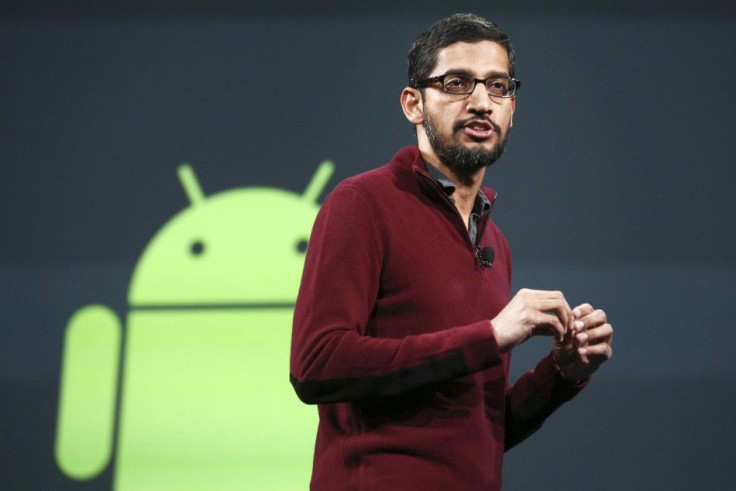Fragmentation Still an Issue With Android, KitKat Manages 21% Share of Android Devices, Jelly Bean Still on Top

Fragmentation has always been an issue for Android developers to deal with. Unfortunately, the trend continues even after over 10 months of existence of the latest Android 4.4 KitKat. The latest version just reported to have crossed 21 per cent market share among Android users. This marks a 3 per cent jump from last month though the fact that should be worrying Android boffins is that it is Android Jelly Bean that continue to rule the roost among Android devices with a majority 54.2 per cent share. Sure Jelly Bean has lost the growth momentum having registered a few percentage points less than the corresponding July figures though it still makes for the largest user base.
What is even more interesting is that Android Gingerbread has managed to grow albeit by a miniscule 0.1 per cent over the 13.5 per cent market share in July to 13.6 per cent in August, as per statistics with Phone Dog. Share of Android Ice Cream Sandwich stood at 10.6 per cent in August. Together, it's Jelly Bean, followed by Kit Kat, Gingerbread and Ice Scream Sandwich that makes the top four Android user bases.
Worth mentioning here, Google had laid special emphasis on tackling fragmentation during the unveiling of Android 4.4 KitKat. Google then had stressed on how it plans to deal with fragmentation by lowering the system requirements of devices for KitKat by enabling it to run on devices with just 512 MB of RAM. According to Forbes, several of the services that were integral to the operating system have been placed as standalone apps in the Play Store, thereby ridding the OS of unnecessary flab.
This should allow more and more devices including those from the mid-tier segment to be able to run Android KitKat though the fact is, manufacturers are still in the process of coming up with the update for their respective devices. Google launched the Android 4.4.3 KitKat in June which includes some major bug fixes over the problems that Android 4.2.2 came with. However, manufacturers seem to be divided over pushing Android 4.4.3 or going straight for Android 4.4.4. While HTC has said it will be offering Android 4.4.3, some like Sony and Motorola has stated they would be pushing Android 4.4.4 straightaway, reports Wall Street OTC. As for Samsung, we will get to know of its intentions once the Note 4 is launched in early September though as a pointer, the Galaxy Alpha runs Android 4.4.4, as is mentioned in the Samsung product page.





















